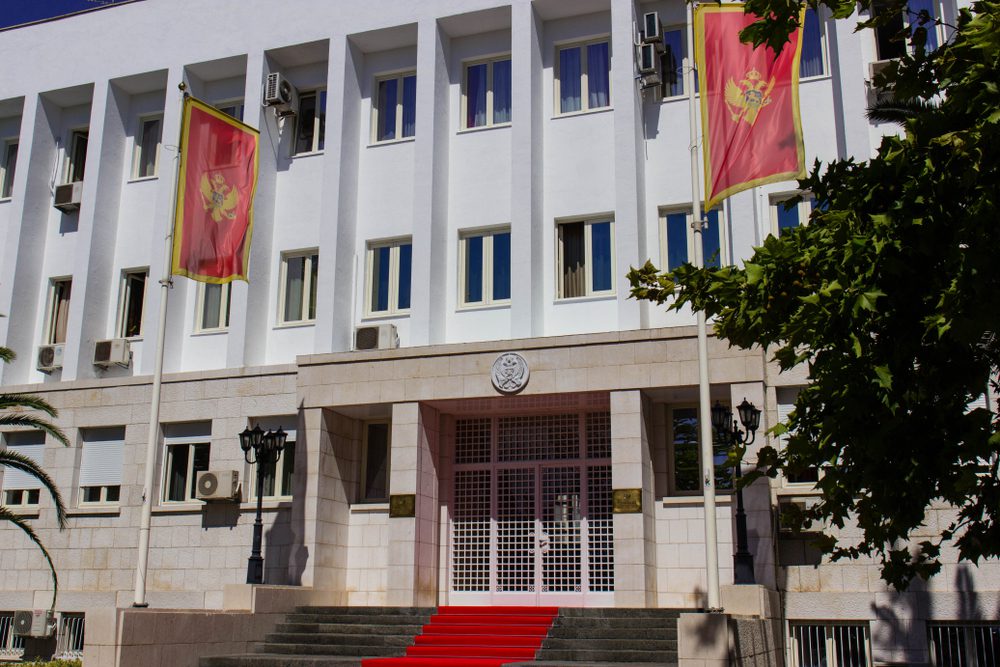
The Montenegrin parliament was dissolved Thursday, March 16th, after the three-month deadline to form a new government expired. Prime Minister-designate Miodrag Lekić of the pro-EU Demos party had been attempting to create a majority government after the previous government collapsed in August 2022 over a dispute regarding the status of the Serbian Orthodox Church.
The dissolution comes a day ahead of the first round of presidential elections, Saturday, March 18th, where socialist incumbent Milo Djukanovic is expected to confront pro-Russian challenger Andrija Mandic and europhile Jakov Milatovic.
An EU candidate country and NATO member, Montenegro gained independence from Serbia in 2006. The country has experienced three years of political turmoil, with parties divided into those favouring greater ties with the West or with Russia. A substantial minority of its population is Serbian.
Recent attempts to grant special rights to the Serbian Orthodox Church have sparked protests, with the proposals seen as an attempt by Serbia to regain influence. In 2021, President Djukanovic directed his supporters to violently disrupt the inauguration of a pro-Serbian orthodox church leader, causing nationwide clashes. For several years, since 2006, Djukanovic and the ruling Democratic Party of Socialists have been repeatedly linked to corruption and organised crime.
The upcoming presidential election is seen by many as defining Montenegro’s future relationship with Europe. President Djukanovic has been the principal political figure in the country since independence in 2006 but has come under pressure since his Democratic Party of Socialists lost their majority in 2020.
Djukanovic is being challenged by Andrija Mandic of the pro-Russian Democratic Front and Jakov Milatovic, co-founder of Europe Now!, in the first round of presidential elections this Saturday. A second round, run-off election between the two most popular candidates is expected in April 2023.
Despite criticisms regarding Djukanovi’s corruption, Montenegrin political analyst Ljubomir Filipović recognizes another tension as the source of unrest. He summarised the recent turbulence as part of a larger battle between pro-Western and pro-Russian factions:
While Đukanović represents corruption, organised crime, captured institutions, and a tendency towards political monopolisation on one hand, he also represents opposition to those questioning Montenegro’s independence and sovereignty as a nation.
Montenegro joined NATO in 2017 and began ascension talks with the EU in 2011, despite already using the euro since 2002.
Events in Montenegro occur amid a wider context of EU expansionism into the Balkans following the rift with Russia. Both Russia and the West are jostling for influence in the region in the aftermath of the war in Ukraine, leaving substantial questions about Serbia’s future relationship with Europe to be resolved.
According to the country’s constitution, fresh parliamentary elections must be held within 60 to 100 days of the parliament’s dissolution.
